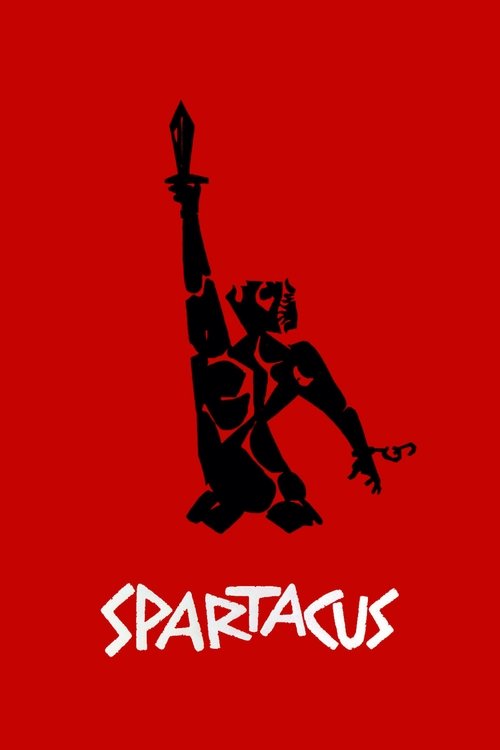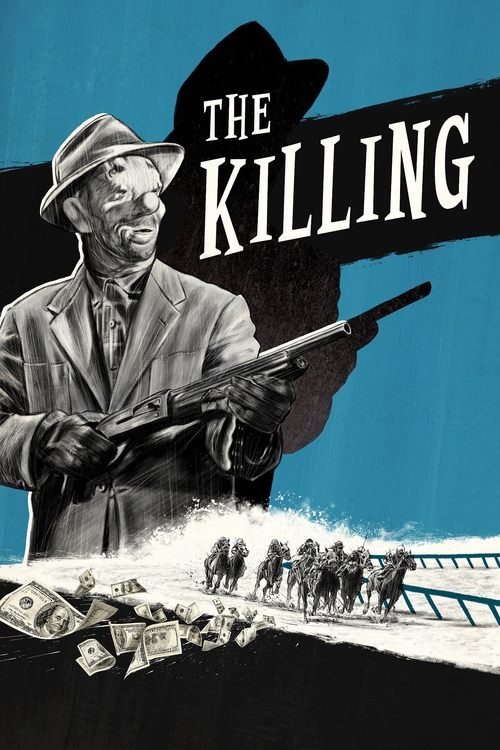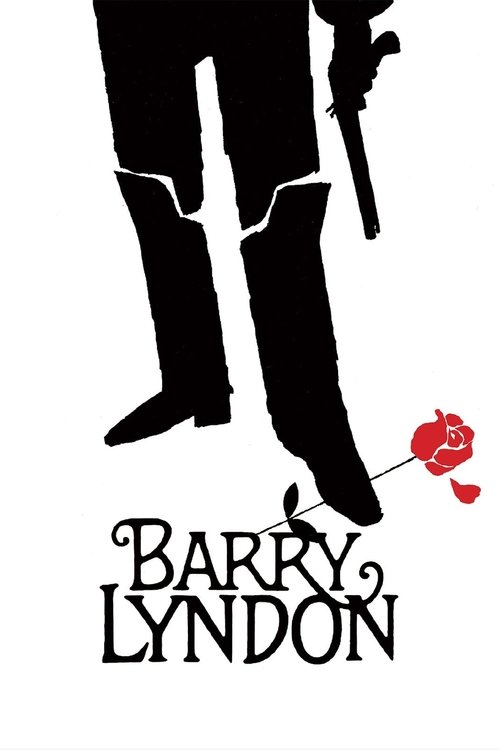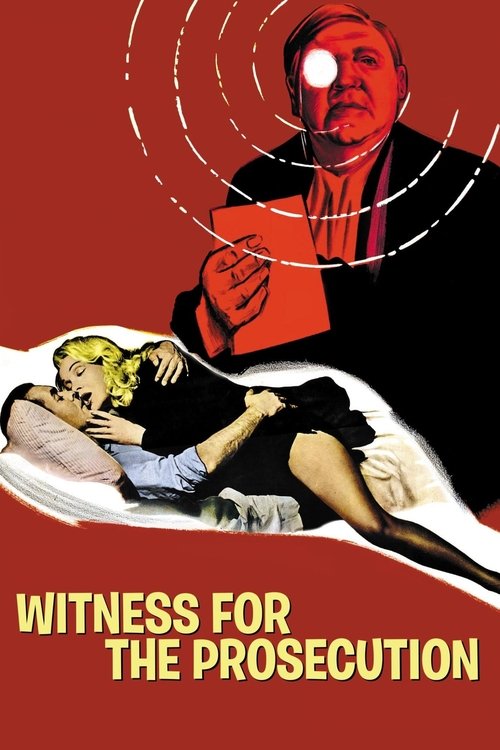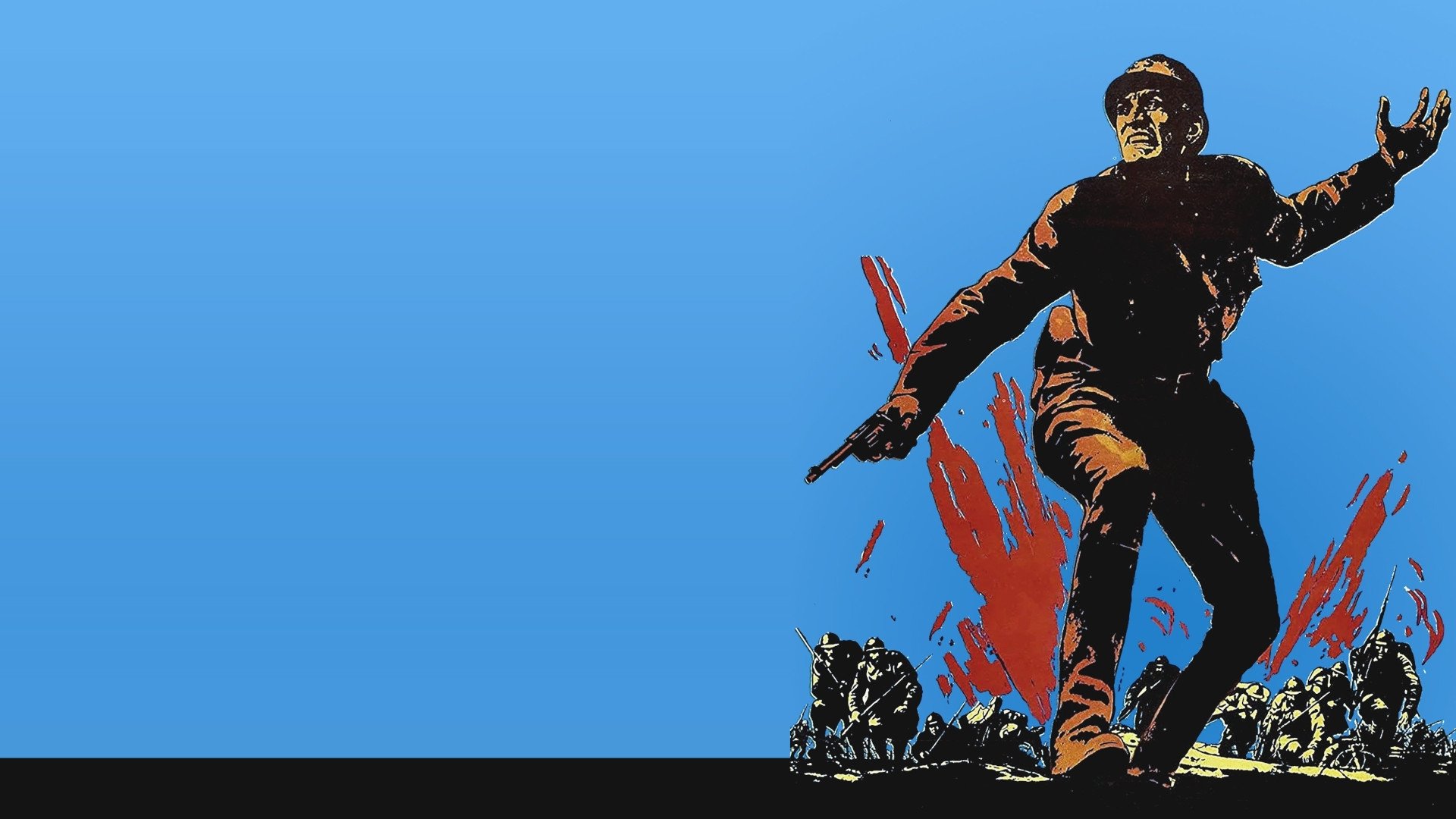
1957
Paths of Glory
War, Drama
9.0
User Score
3210 Votes
Status
Released
Language
en
Budget
$935.000
Production
Bryna Productions, United Artists, Harris-Kubrick Productions
Overview
A commanding officer defends three scapegoats on trial for a failed offensive that occurred within the French Army in 1916.
Review

John Chard
10.0
Madness and Patsies Crash Together In Kubrick's Explosive Thunderbolt.
Stanley Kubrick's Paths of Glory is holding up rather well these days, in fact it's as pertinent and relevant as ever.
It's 1916 and the French and German armies are in opposing mud trenches, when the French are ordered to undertake a suicidal assault on a German held hill, many of the soldiers are quick to realise it's an impossible order to see through to its conclusion and retreat, something which brings charges of cowardice from the military hierarchy. Someone must take the fall...
Withdrawn from circulation in France at one time, unreleased in Spain as well, Paths of Glory is a shattering indictment on military hierarchy. On those General types who watch from afar through telescopic sights as men and boys are led like lambs to the slaughter, then off they go to their dinning rooms to gorge on wine and wholesome meat, the stench of rotting flesh as bad on their breaths as it is out there in no man's land. But it's OK for the war effort, while there might even be a promotion for some lucky soul in nice trousers...
A two-parter, the film was adapted from the novel written by Humphrey Cobb. The first half follows the craziness of the attack, the horrors of war brutally realised as Kubrick and cinematographer Georg Krause bring out the worry and simmering anger that jostle for the soldier's souls. The camera is cold and calculating, thus perfect for the material to hand, it leads the viewers - with skillful fluidity - through the bleakness of the trenches and the desolation of no man's land, the former a foreboding place, the latter an atrocity exhibition as bodies get flayed and shattered, while others retreat with limbs or sanity barely intact.
Second part shifts to a legally based procedural as the Generals conspire to make an example of those who retreated. Cowardice and a dereliction of duty apparently means the firing squad must save the integrity of the army. Patsies are lined up, but their Colonel (a superb Kirk Douglas) wants to defend them, there's much sweat, tears and anger, accusations hurled, and mistakes once again proving insurmountable. Which leads to the astonishing finale, heartbreaking whilst inducing fury, and crowned by an elegiac song that brings tears for characters and viewers alike.
A monochrome masterpiece full of technical skills, towering performances and writing to die for, Paths of Glory, candidate for one of the greatest anti-military films ever crafted. 10/10
Read More 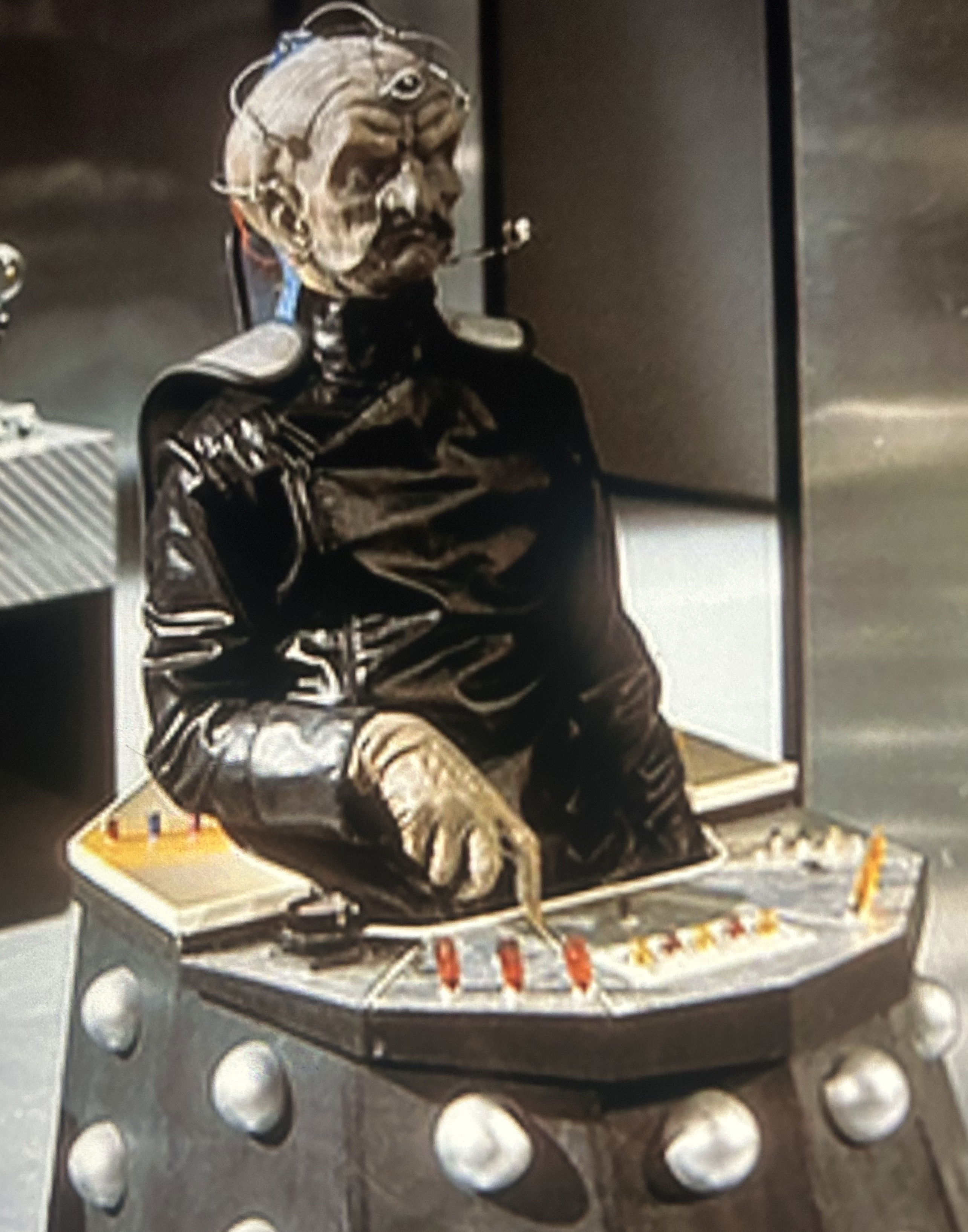
Geronimo1967
7.0
"Col. Dax" (Kirk Dougas) is cajoled by "Gen. Broulard" (Adolphe Menjou) into taking his Great War weary regiment on one last mission in occupied France. Frankly, it's little better than a suicide one, but his operational commander "Gen. Mireau" (George Macready) is determined at all costs that they succeed. Let battle commence! Only the French soldiers quickly realise that they are facing a well armed, immovable, German opponent and are either killed or driven back. Desperate to motivate his men, "Mireau" gives an order that is luckily not acted upon and with the mission deemed a failure and many of the men now in the relative safety of their trenches, the general orders a court martial for cowardice of three of the survivors. "Dax" is appalled but a trial there must be... Are the right people being tried and is the outcome a mere formality? I saw a 16mm print of this rather gripping and depressing wartime drama and it augmented the genuine sense of peril faced by these men as incoming artillery, the claustrophobic trench existences and - make no mistake - the competencies of their officers are put on display for us. It's dark, wet, gritty and as we reach the denouement clearly illustrative of the futility of much of this stage of this war. Kirk Douglas takes top billing and is adequate, it's Macready who actually steals this for me and the director's wife does the briefest of scenes as a German cabaret singer, too. Again, I think cinema will focus this better than television, but either way it's a thought-provoking exposé of war that holds up well 60-odd years later.
Read More 